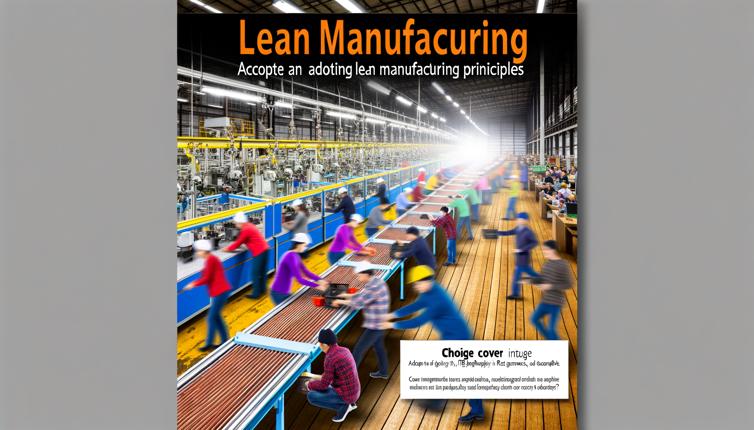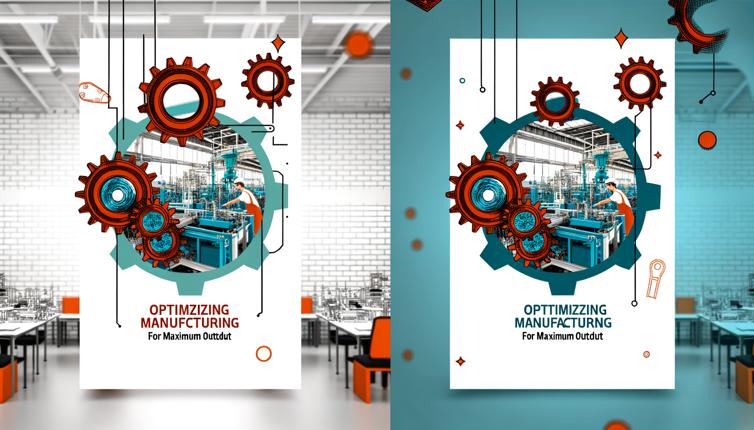What are Lean Manufacturing Principles?
Lean manufacturing is a methodology that aims to minimize waste and maximize productivity.,The principles of lean manufacturing are based on the Toyota Production System (TPS) and have been widely adopted across industries.,There are several key principles of lean manufacturing, including: continuous improvement, just-in-time production, and respect for people.,Continuous improvement involves constantly seeking ways to eliminate waste, improve processes, and enhance product quality.,Just-in-time production focuses on producing goods only when they are needed, reducing inventory and storage costs.,Respect for people emphasizes the importance of valuing and engaging employees in the improvement process.,By implementing these principles, businesses can streamline operations, reduce costs, and deliver higher value to customers.
Benefits of Adopting Lean Manufacturing Principles
Adopting lean manufacturing principles can result in numerous benefits for businesses, including:,- Increased efficiency: By eliminating waste and improving processes, businesses can optimize their operations and reduce lead times.,- Cost savings: Lean manufacturing principles help businesses reduce costs associated with inventory, storage, and production inefficiencies.,- Improved quality: The focus on continuous improvement in lean manufacturing leads to higher product quality and customer satisfaction.,- Increased employee engagement: By involving employees in the improvement process, businesses can create a culture of continuous learning and development.,Overall, adopting lean manufacturing principles can lead to a more streamlined and efficient operation, resulting in cost savings and improved customer satisfaction.
How to Adopt Lean Manufacturing Principles
Adopting lean manufacturing principles requires a systematic approach and commitment from all levels of the organization. Here are some steps to get started:,1. Assess current processes: Identify areas of waste and inefficiency in your current operations.,2. Set goals: Determine what improvements you want to achieve by adopting lean manufacturing principles.,3. Develop a plan: Create a roadmap for implementing lean manufacturing principles, including specific actions and timelines.,4. Train employees: Provide training and education on lean manufacturing principles to ensure understanding and buy-in from all employees.,5. Implement changes: Begin implementing the identified improvements and monitor their effectiveness.,6. Continuously improve: Foster a culture of continuous improvement by regularly reviewing and refining processes.,By following these steps, businesses can successfully adopt lean manufacturing principles and realize the associated benefits.
Conclusion
In conclusion, adopting lean manufacturing principles is crucial for businesses looking to increase efficiency in today's competitive market. By minimizing waste and improving processes, businesses can streamline operations, reduce costs, and deliver higher value to customers. The benefits of adopting lean manufacturing principles are numerous and include increased efficiency, cost savings, improved quality, and increased employee engagement. By following a systematic approach and committing to continuous improvement, businesses can successfully implement lean manufacturing principles and achieve long-term success.









